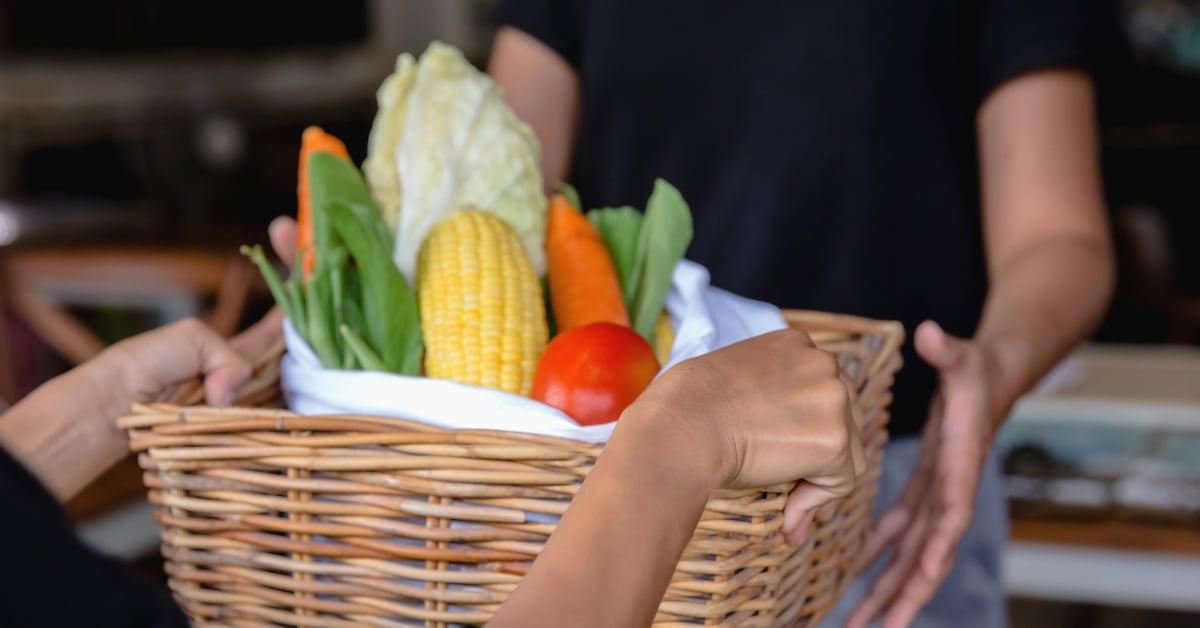
Five Ways to Support Loved Ones With Cancer During the COVID-19 Pandemic
-
The COVID-19 pandemic has changed how we stay safe, and that’s especially true for people with cancer (who often have a compromised immune system).
At many cancer centers (including Fox Chase), loved ones can’t visit people in the hospital or accompany patients to appointments. Also, even at home, individuals with cancer are being especially vigilant about social distancing.
While incredibly important, these changes can increase isolation and loneliness for cancer patients. Because of this, it is crucial to rethink how we can support cancer patients in our lives while still keeping them safe.
Paula H. Finestone, PhD, a clinical psychologist at Fox Chase, offers the following suggestions for supporting cancer patients during this time:
1. Use Technology
The information shared during doctor’s appointments can be overwhelming, so it’s often important for loved ones to attend appointments as a second set of ears. During the pandemic, it is best for loved ones to do so virtually—using phones or other electronic devices.
“At Fox Chase, we encourage our patients to ask if their family members or loved ones can join their appointments virtually.’” said Finestone.
This virtual method can also be used when your loved one is in the hospital and having a check-in with their care team.
2. Prepare Questions in Advance
Even if you can’t be there to support your loved one in person, you can help them put together questions before their appointment, procedure, or hospitalization so they feel more prepared.
After the patient’s appointment, you can also make time for them to share what they were told and how they are feeling about their diagnosis, treatment options, or prognosis.
3. Develop a Routine
A coordinated plan and routine can help cancer patients fight isolation, whether they are in the hospital or receiving treatment in an outpatient setting.
“Some families set up a routine where one family member calls every morning to say hello and offer support,” Finestone said. “Or, someone calls mid-day or in the evening to check in. This can be especially helpful for patients, as they can rely on something when other aspects of their life are not in their control.”
4. Remember Primary Caregivers, Too
Caregivers can also become isolated—especially when they aren’t able to be at their loved one’s hospital bed or appointments.
“Family and friends might also want to reach out to the primary caregiver of their loved one,” Finestone said. “It is often a great idea to check in on them and offer encouragement.”
5. Think Outside the Box
Outside gifts, like flowers and plants, might not be allowed in the hospital at this time, but there are other ways to let a patient know you’re thinking about them.
“Supportive calls and texts can make a big difference,” Finestone said. “It’s a great and safe way to let the person know you’re thinking of them.”
To abide by social distancing if your loved one is home, ask if you can help them with things from a distance (such as taking their trash cans to the curb or doing their grocery shopping and leaving the bags at the door).
The cancer journey is difficult at any time, but it is especially hard during a worldwide pandemic. Support from loved ones goes a long way, and that’s especially true during this difficult time. However you choose to support your loved one going through cancer, know that simply being there for them is one of the greatest things you can do!
